Polls opened at 8am on Sunday and closed at 6pm, with results expected throughout the night. Chileans began voting for a new president and parliament, in a contest expected to favor the hard right as candidates play on popular fears over organised crime and immigration. The election is the first of an expected two rounds of presidential elections, as polls show none of the candidates clearing the 50% threshold needed to avoid a runoff scheduled for 14 December.
According to observers, the election has been dominated by concerns over crime and migration, with many voters expressing anxiety about the rise of foreign gangs and the influx of migrants. "The security situation is a major concern for many Chileans, and it's clear that the candidates are tapping into those fears," said Maria Rodriguez, a political analyst at the University of Chile. "The question is whether the candidates are offering realistic solutions to these problems."
Jeannette Jara, a 51-year-old card-carrying communist and former labor minister in the left-wing government, is one of the frontrunners in the election. Jara has promised to tackle crime by increasing funding for social programs and improving community policing. "We need to address the root causes of crime, which are poverty and inequality," Jara said in a recent interview. "We can't just throw more police at the problem and expect it to go away."
On the other hand, José Antonio Kast, a 59-year-old ultraconservative lawyer and former lawmaker, has vowed to take a tougher stance on crime and immigration. Kast has promised to increase the number of police officers and to deport migrants who are in the country illegally. "We need to restore order and security in our country," Kast said in a recent debate. "We can't let foreign gangs and migrants undermine our way of life."
The election has also been marked by controversy over Kast's views on abortion and his opposition to same-sex marriage. Jara, on the other hand, has promised to protect the rights of LGBTQ+ individuals and to expand access to reproductive healthcare. "We need to respect the rights of all Chileans, regardless of their background or identity," Jara said.
The election is being closely watched by observers in Chile and around the world, who are eager to see how the country will navigate its complex social and economic challenges. "Chile is at a crossroads, and this election will determine the direction of the country for years to come," said Rodriguez, the political analyst. "The outcome will have significant implications for the country's economy, politics, and society."
The results of the election are expected to be announced throughout the night, with a runoff scheduled for 14 December if no candidate clears the 50% threshold.




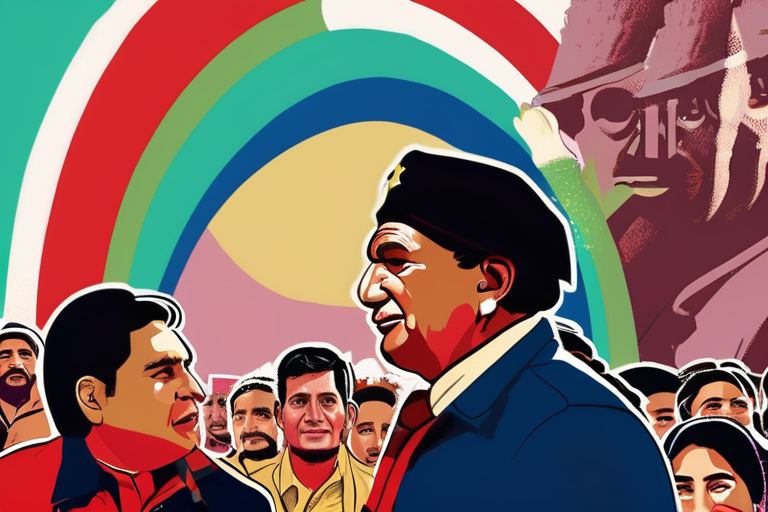

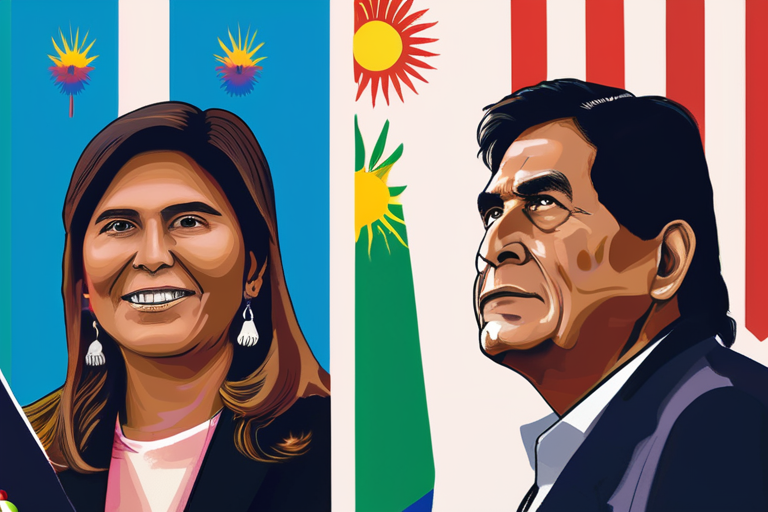
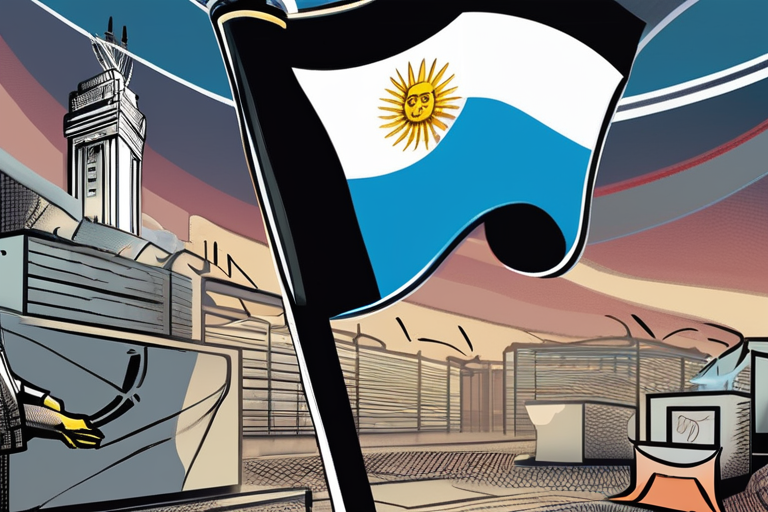
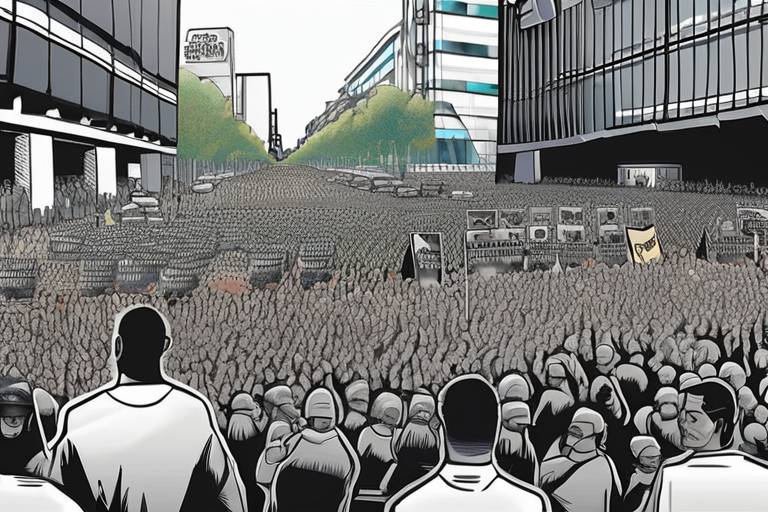

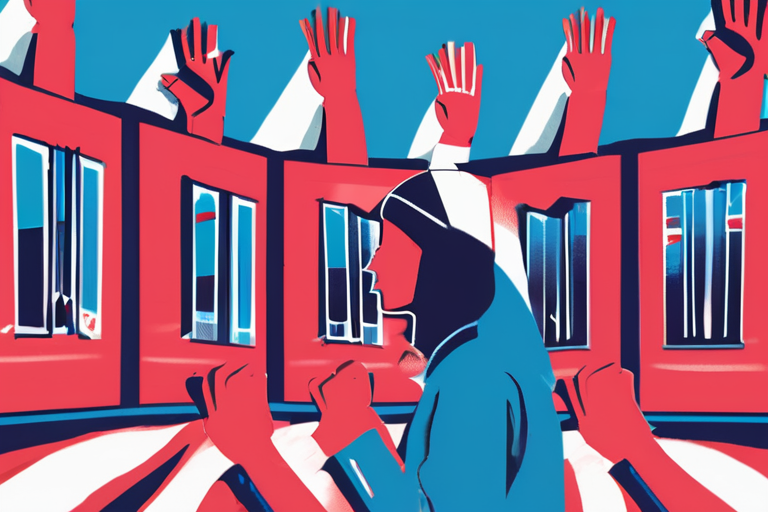
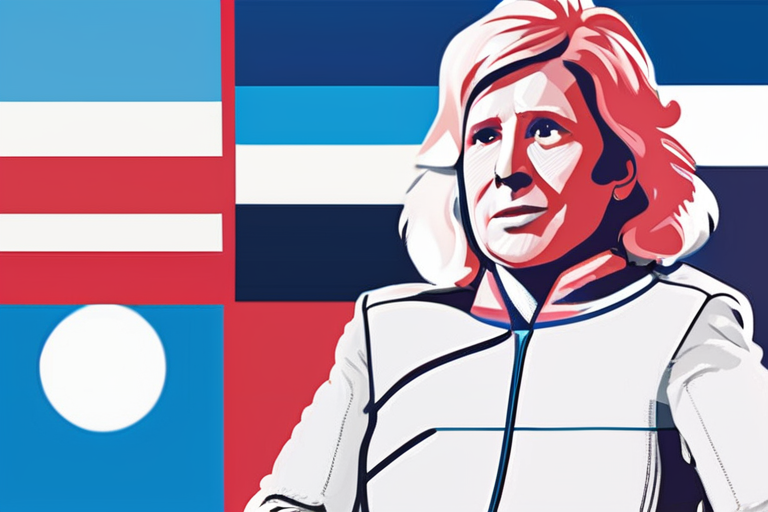
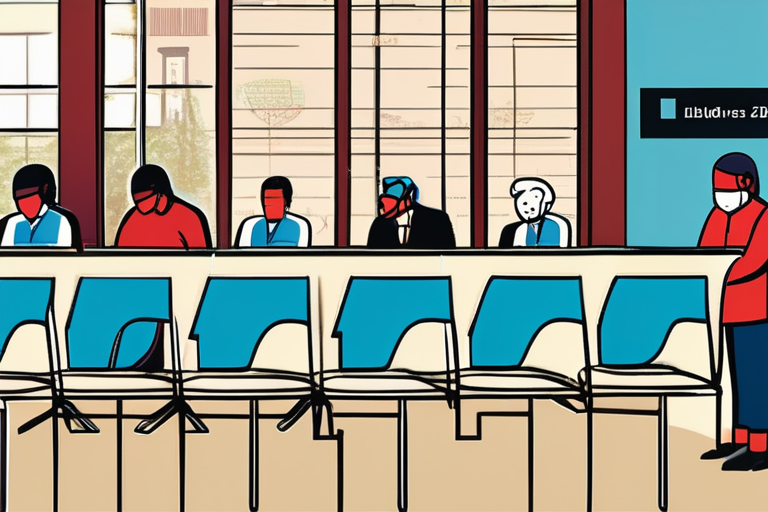
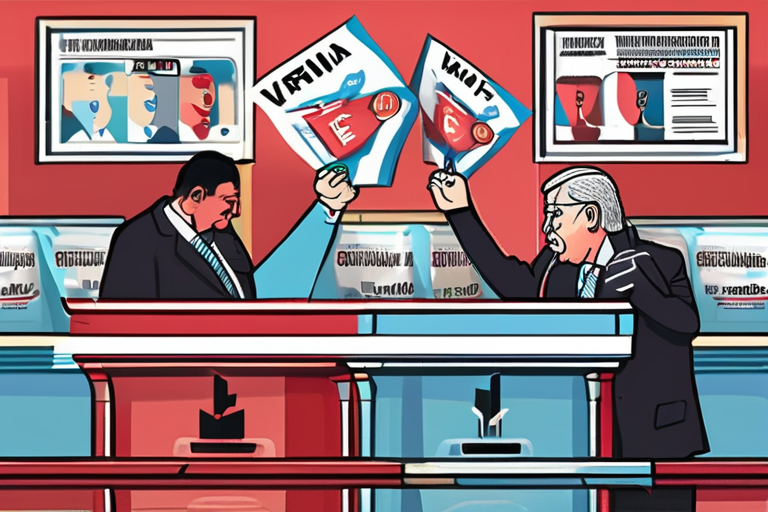
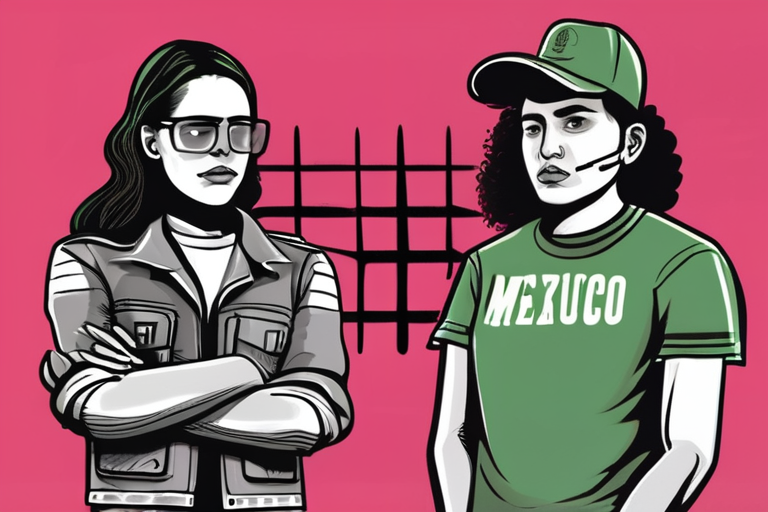
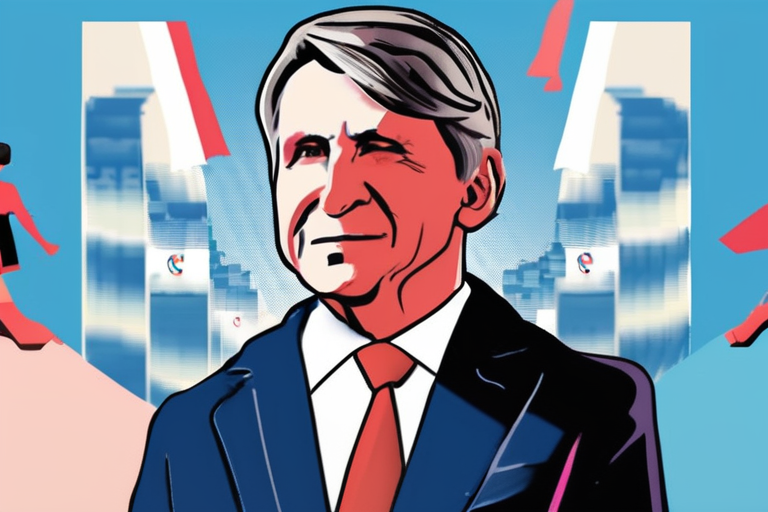
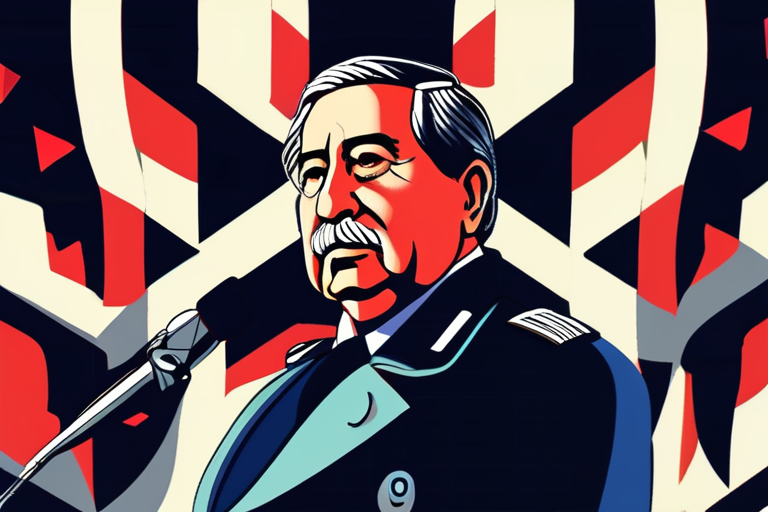
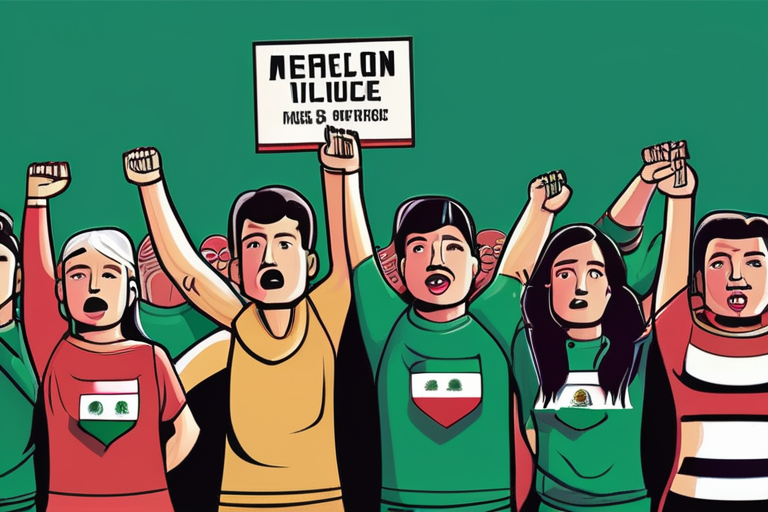

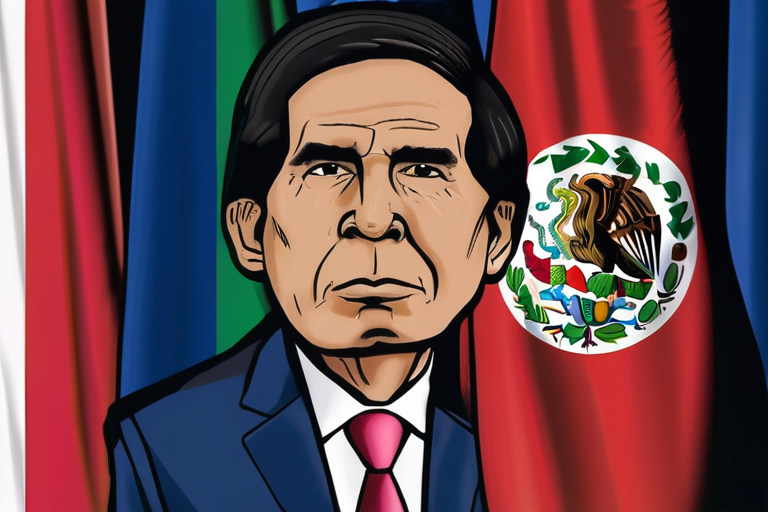
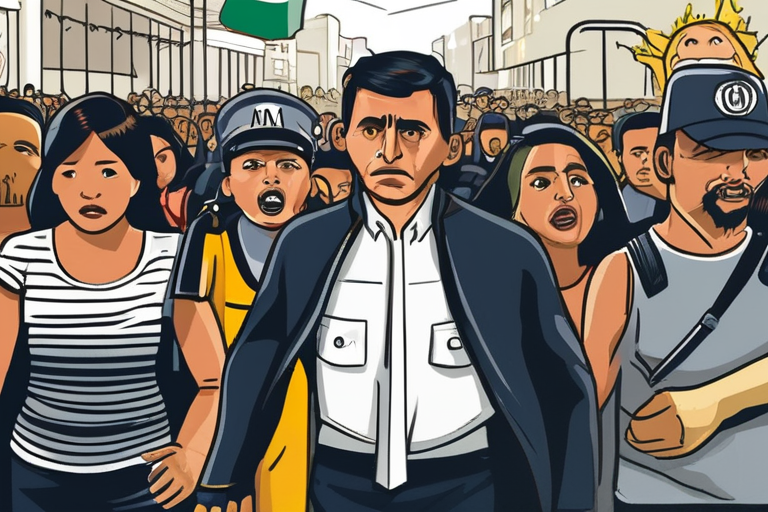


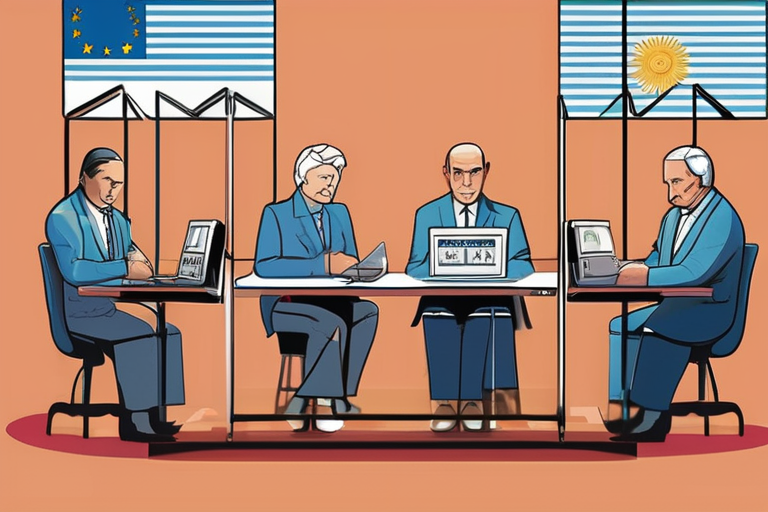

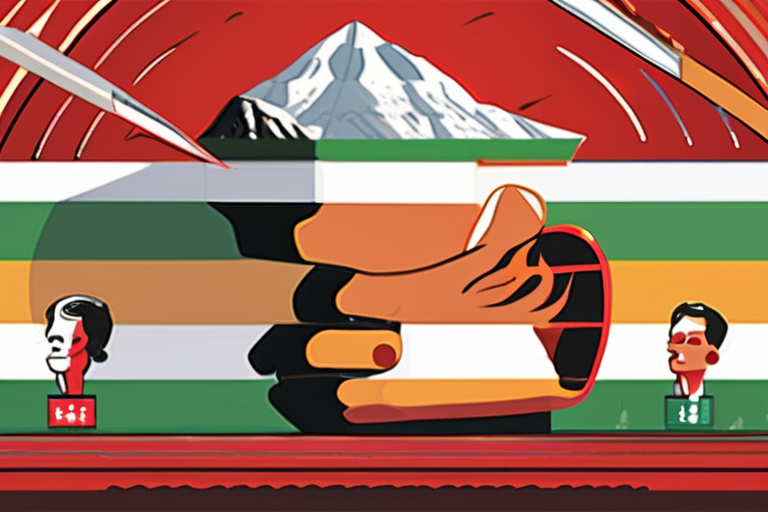
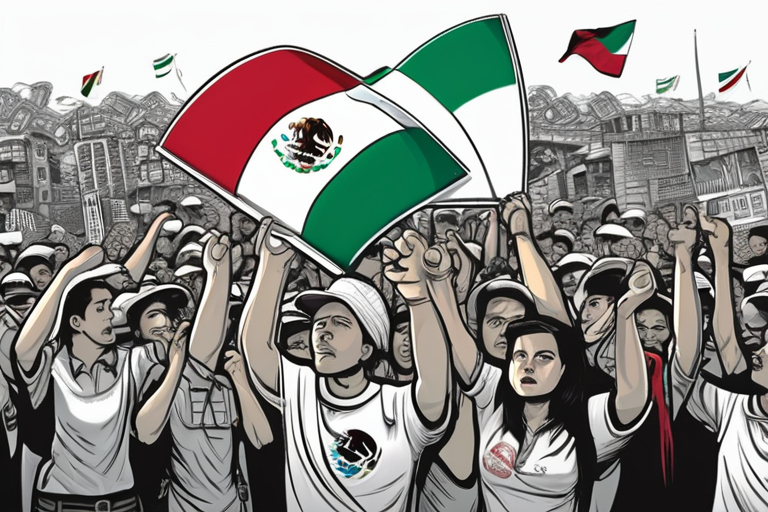
Share & Engage Share
Share this article